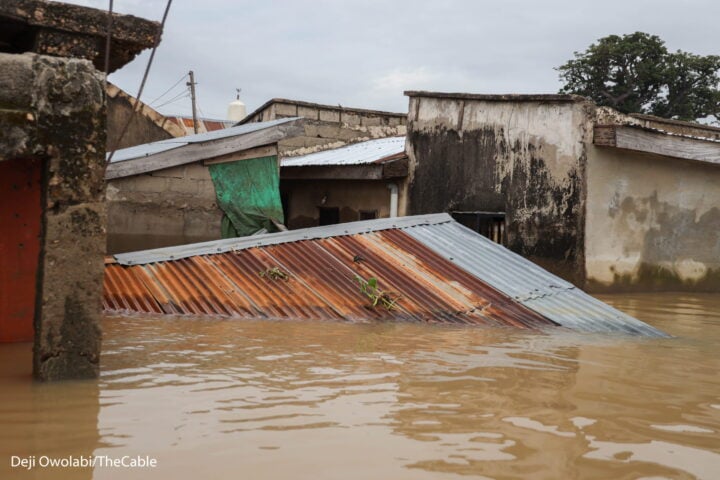Ipas, a network of organisations working globally to advance reproductive justice, says more climate-resilient communities are needed to lessen the impact of climate change on women.
Khusbu Poudel, programme coordinator on climate change, gender, and sexual and reproductive health rights at Ipas Nepal, spoke on Tuesday at the Women Deliver conference in Kigali, Rwanda.
Speaking at a panel session titled “Demanding reproductive rights and justice: Responses to the climate crisis,” Poudel said climate change has created limited access to health services and economic opportunities for women.
“Limited access to health services, increased migration, increased violence, and food scarcity are some of the immediate impacts of climate change on gender and sexual and reproductive health rights (SRHR),” she said.
Advertisement
“We have also seen how it has increased unintended pregnancies due to lack of contraception, and maternal and neonatal mortality.
“Similarly, food scarcity forced women into risky work environments, increasing their workload and decreasing their nutritional status.”
Poudel said it is necessary to develop local action plans to mitigate the effect of climate change, adding that it is now more urgent to “set up an agency that will help to develop climate resilient communities”.
Advertisement
Heritage Sanmi-Lawal, founder of Her Dream Initiative, said the climate crisis has a hand in the increase in child marriages in Nigeria.
She said many parents often trade their children in exchange for relief from the burdens of climate disasters.
“An increase in child marriage is something that we’ve been dealing with in Nigeria for a long time but when climate crisis hits, you find out that families send their children from 10, 11 years old to get married and they do it as a way to offset the burden of the climate crisis and as a way to get back up on their feet,” Sanmi-Lawal said.
“The girl becomes an investment plan, a damage cost and an option to survive and that is what we should be advocating against.”
Advertisement
She noted that the climate crisis cannot be addressed generally but as different communities have specific needs.
“So we need to understand the problem before trying to solve it and that is the mistake we have made in the past,” she said, adding that resources also need to be decentralised to ensure that those at the bottom of the ladder are not left behind.
Advertisement
Add a comment






